February 14th is the traditional Valentine's Day in the West and also the fifth day of the Lunar New Year here. According to traditional customs, the fifth day of the Lunar New Year is for welcoming the God of Wealth. It is unknown whether Americans have such a custom, but it can be confirmed that on Valentine's Day, the "God of Wealth" in the U.S. stock market ran away in the early morning.
That night, all three major U.S. stock indexes fell. The Dow Jones and the S&P 500 fell by 1.35% and 1.37% respectively, while the Nasdaq suffered the largest decline, reaching 1.8%. How could the strong performance of the U.S. stock market since 2024 suddenly become sluggish overnight? Who drove away the "God of Wealth"?
The responsibility for this lies with the U.S. Department of Labor.
By the way, on February 13th, there was a sad news that Chinese-American businessman Zhao Anji unfortunately passed away in a car accident. Her father is the founder of the Foremost Group, and her sister has served as the U.S. Secretary of Labor, the first Chinese-American cabinet minister in the United States.
According to data from the U.S. Department of Labor, the U.S. CPI rose by 3.1% year-on-year and 0.3% month-on-month in January 2024. As soon as the news came out, the market immediately had a strong reaction. The U.S. dollar index instantly rose by 50 basis points, non-U.S. dollar currencies depreciated across the board, gold prices fell, and the U.S. stock market that opened later had an even bigger reaction. All three stock indexes fell by more than 1% after closing, and the Nasdaq fell nearly 2%.
The market pays so much attention to the U.S. price index because it is closely related to the monetary policy of the Federal Reserve.
Everyone should know that in order to curb inflation, the United States started raising interest rates in March 2022. The federal funds rate has been at a high level of 5.25% to 5.5% for more than half a year since last July. The tight monetary policy is very unfavorable to the capital market. Previously, U.S. prices began to decline, from a peak increase of more than 9% year-on-year to within 4% year-on-year. The gamblers in the capital market started to bet that the Federal Reserve would change its monetary policy in March, and the expectation of interest rate cuts made the U.S. stock market soar like it was injected with a stimulant.
The January CPI data released by the Department of Labor poured a bucket of cold water on the beautiful expectation.
The CPI rose by 3.1% year-on-year, which is not low but has narrowed significantly compared to before. Why is the market still dissatisfied? The reason is four words, beyond expectations.
Before the data was announced on the evening of February 13th (Beijing time), Wall Street generally predicted that the U.S. CPI for January would be 2.9%, and the psychological implication of returning to the "2" threshold is significant. It is important to know that the Federal Reserve's long-term inflation target is 2%. Everyone was ready to celebrate with champagne, but they were "slapped in the face" by the actual results. It has to be said that the U.S. Department of Labor really doesn't understand human nature. Wall Street needs a year-on-year CPI growth rate below 3%, and the data provided by the Department of Labor is 3.1%, putting a big question mark on the expectation of interest rate cuts.Data tracking by the Chicago Mercantile Exchange shows that after the release of the January CPI, the market expects the Federal Reserve to maintain interest rates unchanged in March with a probability now exceeding 90%, and the possibility of a rate cut next month has been completely "shelved." More regrettably, the probability of a 25 basis point rate cut in May has fallen to less than 35%, while the likelihood of keeping rates unchanged has risen to over 60%.
Market radicals have been betting on a rate cut by the Federal Reserve in March, while more cautious investors believe that May will initiate this cycle of rate cuts. Now, it seems that both the radicals and the cautious might be wrong. The United States' prices are unpredictable, and the country's economy has not experienced the anticipated recession, giving Federal Reserve Chairman Powell enough confidence to delay the decision to cut rates.
Among the companies that followed the decline of the three major stock indices, a technology company named ARM has attracted the most attention. Many people might be hearing the name ARM for the first time, but this UK-based company is a significant player and an indispensable part of the semiconductor chip industry.
When it comes to chips, the first reactions are TSMC, Samsung, Intel, Apple, Qualcomm, NVIDIA, etc., with almost no one mentioning ARM. In fact, ARM's dominance in its field is greater than that of the aforementioned companies.
In the chip foundry sector, TSMC dominates with a 60% global market share, followed by Samsung, and then companies like UMC and SMIC; in the design field, Apple, Qualcomm, MediaTek, AMD, and others each have their strengths, and NVIDIA has emerged as a standout with AI chips, becoming the most market-watched high-tech company in 2023, with a market value that once surpassed Amazon and Google.
ARM is in the architecture business, which can be simply understood as the blueprints used by chip design companies. In this field, no one can surpass it, especially in smartphone chips, which are almost entirely based on ARM architecture. This is a company whose revenue and net profit scale cannot be compared with giants, but its monopoly in its own field is enough to make any giant sweat.
On February 7th, after the US stock market closed, ARM released its financial report. Due to performance that exceeded market expectations and optimism about AI chips, capital began to frantically pursue ARM. Its stock price rose by 48% on February 8th, reaching a high of $164 in the following two trading days. The closing price three trading days before was only $77.01, in other words, it could have risen by up to 113% in three days.
However, after the release of the US January CPI data, ARM's stock price suffered a heavy blow, falling by 19.46% on February 13th alone, with a market value loss of nearly $30 billion (over 210 billion yuan). The ups and downs of ARM's stock price may be a microcosm of the US stock market. The "God of Wealth" was driven away by data released by the US Department of Labor, but short-term fluctuations cannot change the long-term upward trend of the US stock market, which may be the opposite of the stock market of another major economy.

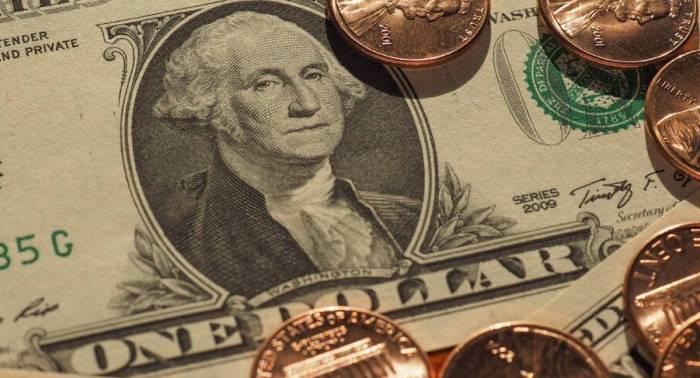
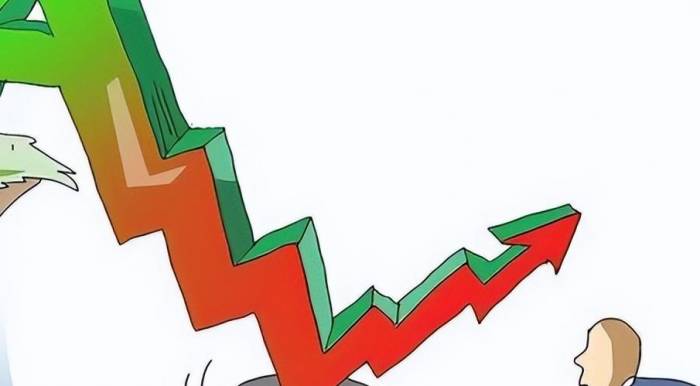
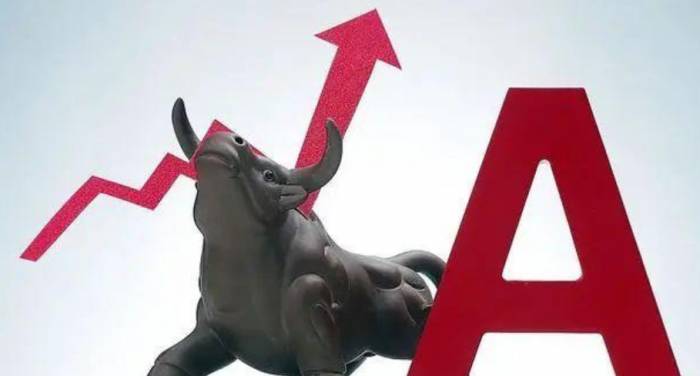

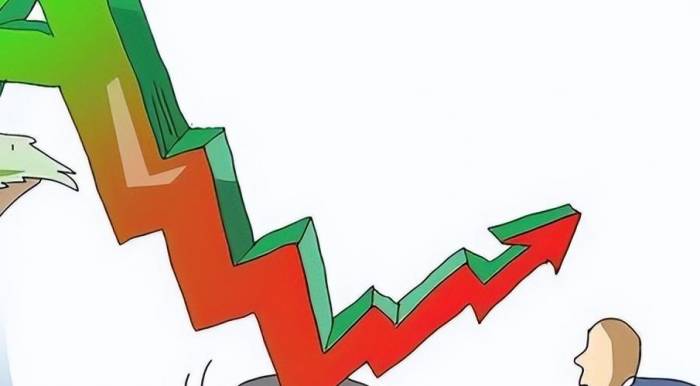
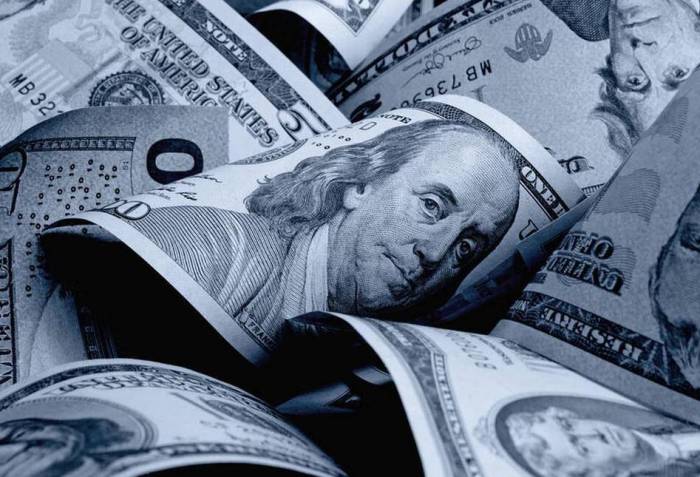


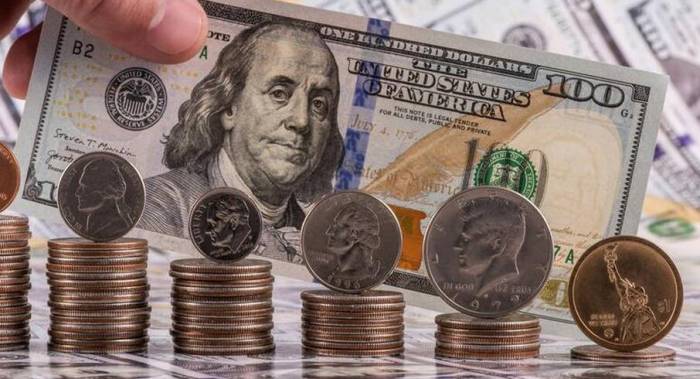



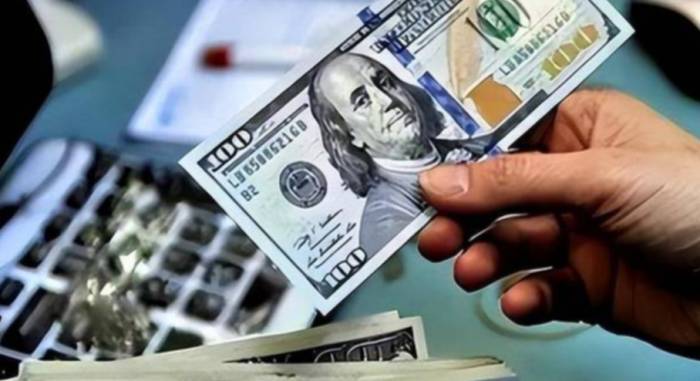

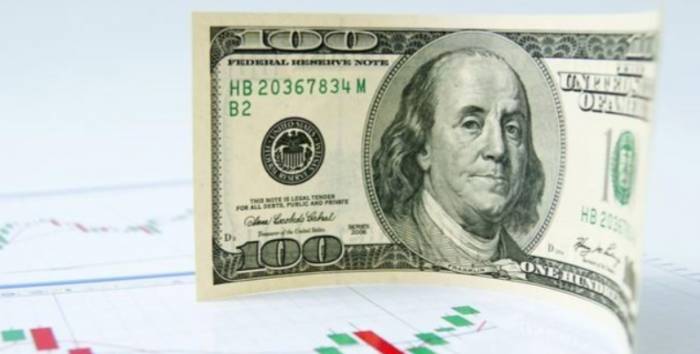







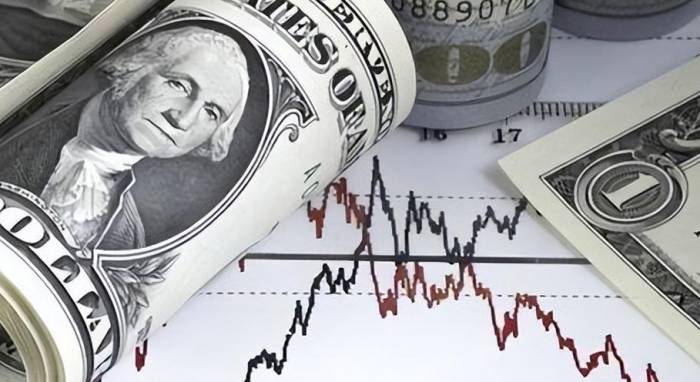






Comments
Join the discussion